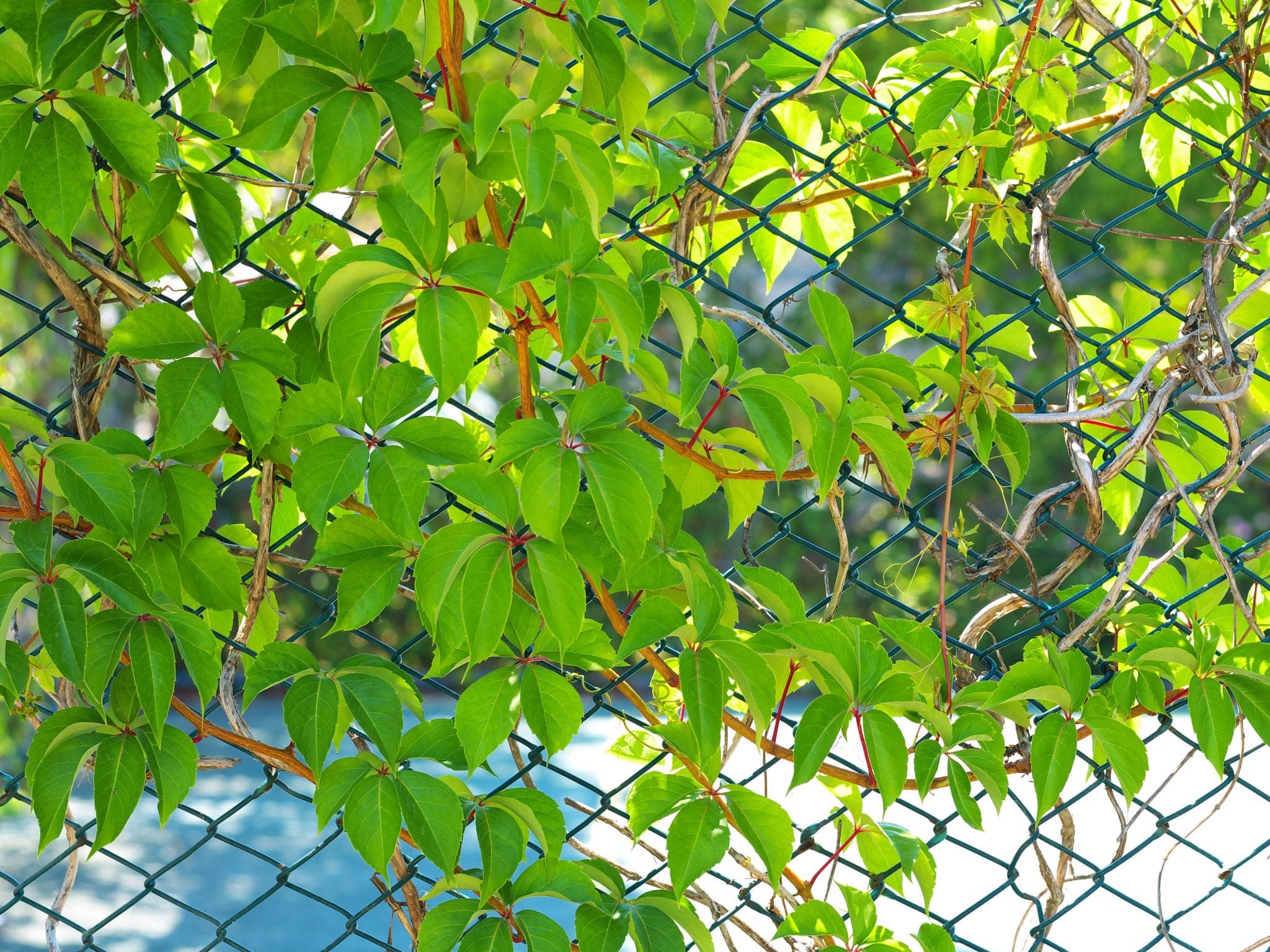Your fence gives your property character. However, vines and shrubbery can overtake your new fence and make it look old and damaged. Follow these tips to keep vines and shrubs from taking over your fence.
1. Avoid Using Chain-Link Fencing
Although some people opt for chain-link fencing, the holes in the fence can be a problem. They can allow vines and weeds from your neighbor’s yard to overtake your fence. Other than jumping the fence and weeding your neighbor’s yard, you don’t have many options.
When you have a panel fence, you don’t need to worry about the vines or shrubs of your neighbor. Instead, you only need to keep your own yard under control.
2. Speak to Your Neighbors
If you’re worried about your neighbor’s shrubs and vines overtaking your fence, then you should talk to them. Ask them if you can trim the trees the hang over your fence. Offer to do some weeding in their backyard. By keeping their vines and trees away from your property, you can keep your fence clear.
It’s best to approach your neighbors in a friendly manner. The right demeanor could make your neighbors be more than happy to help you maintain a clear fence. Instead of fuming over their vegetation, you should open a dialogue with your neighbor.
3. Garden with Care
You might love your garden. However, your garden can get out of control. After you get a new fence, you should plan your landscaping carefully. Plan ahead and consider the placement of your fence before you garden.
Avoid planting vines near your new fence, unless you plan carefully. Even if you use a trellis, your vines can get out of control. Plant vines far from the fence lines and keep them off of your fence. Once they start taking over your fence, they can be difficult to control.
The same is true for shrubs. You might want to avoid planting tall shrubs near your fence. If you plant them too close to the fence, then you could be stuck trimming them regularly.
4. Choose the Right Shrubs
Shrubs can look great with your fence. However, you need to choose the right type of shrub for your yard. Some bushes and shrubs take over your yard quickly. If you don’t want an overgrown fence, look for shrubs that grow slowly and in a controlled manner.
If you don’t want to be stuck trimming hedges every weekend, then consider a shrub that is low to the ground. Often, dwarf varieties of shrubs are great options. They tend only to get a few feet tall. Although they can grow taller, it could take years for them to get out of control.
By planting smaller shrubs, you can keep your fence visible and clear of debris. It’s a simple solution to a frustrating problem.
5. Consider Fence-Friendly Vines
Believe it or not, there are fence-friendly vines. You can plant vines near your fence, but they need to be the right type of fine.
Generally, you should avoid landscaping with woody or invasive vines. Woody vines can damage the structure of wooden fencing materials. Although they don’t destroy the integrity of vinyl fences, they can trap moisture and cause algae to grow. They also attract bugs, which can take over your yard and your fence.
Instead of planting woody vines, you should plant herbaceous vines. They do less damage to wood fences. Because wood isn’t as durable as other materials, you should also only plant annual vines.
If you have vinyl fencing, then you have less of an issue. They are durable enough to withstand the perennial climbing vines. Aluminum is also less susceptible to damage from vines. Wisteria and rambling roses tend to grow well on aluminum fences.
Getting a Beautiful Fence
If you get a fence that is aesthetically pleasing, then you don’t need to worry about planting vines or shrubs near it. Contact us at Northland Fence and pick the fence of your dreams.


